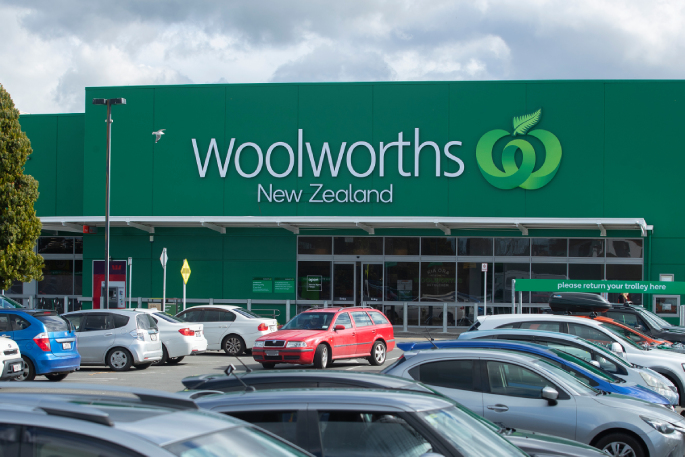A consumer watchdog is warning deals offered by supermarket loyalty schemes are not as cost-saving as they appear.
Woolworths has announced a new loyalty programme, Everyday Rewards, to replace OneCard - offering extra rewards for those who join.
The new programme, Everyday Rewards, will use the same points-based system as its former OneCard did, offering the same $15 voucher for every 2000 points.
Woolworth director of digital and loyalty Mark Wolfenden says there's value in the change, with a multi-million dollar increase in rewards.
But Consumer NZ's head of research and advocacy Gemma Rasmussen says these schemes don't offer the best deal.
"What they're really about, is trying to breed loyalty. They're trying to ensure that you shop at the same place, all the time. That's really beneficial for the supermarket and it mutes the competition."
Rasmussen says it pays to shop around, and keeping competition between supermarkets is a good thing.
A Consumer NZ analysis of loyalty card specials at New World and Woolworths found 75 per cent of special loyalty prices could be found cheaper elsewhere.
Rasmussen says that as well as not being the best value, loyalty card schemes are designed to gather users' data.
The privacy policy for the new Everyday Rewards card was longer - and that meant more data was being gathered, she says.
"The supermarket may share your information, your data, with operational and tech providers, with advertisers, social media, and search engines like Google.
"Simply by using the card they are agreeing to the terms and conditions."
Rasmussen says supermarkets could track user's shopping habits, as well as gathering their name, address, date of birth, or even video and audio footage from in the store.
Everyday Rewards also partners with ASB Visa rewards, BPme and Vineonline, offering 3000 loyalty points when users link their accounts.
This, alongside personalised offers that came with the new cards, are all based upon data sharing, says Rasmussen.
"If they are offering personalised deals to specific shoppers, it means they are gathering a lot of data and creating a really comprehensive picture in the way that you shop, also potentially how much money you are earning and what you're preferences are.
"What we would stress about these deals is that they are really not that significant and it does pay to shop around if you can."



0 comments
Leave a Comment
You must be logged in to make a comment.